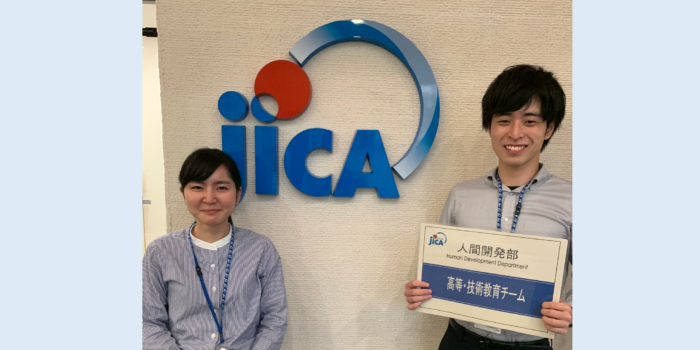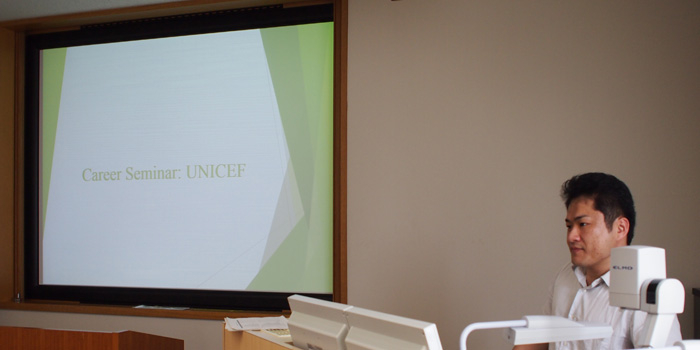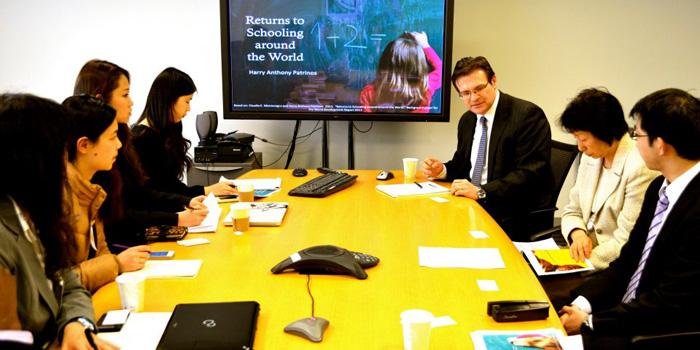On June 6th, 2024, an international online symposium convened under the theme, “How to Support Education During Emergencies and Protracted Crises – Ukraine as a Case Study.” The event served as a platform to examine the complexities of Education in Emergencies and Protracted Crises (EiEPC), with a spotlight on the efforts in Ukraine led by Education Cannot Wait (ECW) and Japan International Cooperation Agency (JICA). The symposium commenced with a keynote delivered by Ms. Yasmin Sherif, the Executive Director of ECW Foundation. Ms. Sherif outlined the current landscape surrounding EiEPC and emphasized the important role of ECW in addressing educational needs in crisis-affected regions. Moreover, she set forth expectations for Japan’s involvement in the future of EiEPC and discussed the forthcoming Future Summit.
Following the keynote, the symposium transitioned into a panel discussion segment featuring comprehensive case studies presented by representatives from ECW and JICA regarding their respective projects in Ukraine. Remarkably, among the panelists, Abdoul Karim Soubeiga (a doctoral student at Ogawa-zemi and also a consultant at ECW) delivered a presentation. His insights reinforced the significance of collaboration between JICA and ECW in advancing educational initiatives amidst crises. Moreover, he eloquently articulated the challenges faced in the field, drawing attention to the complexities inherent in providing education during emergencies and protracted crises.
The panel discussion also featured prominent voices such as Professor Taro Komatsu from Sophia University, Mr. Eddie Dutton from ECW, Mr. Shinpei Taguchi from JICA, and representatives from academia and youth organizations. The diverse representatives offered a holistic view of the educational landscape in crisis-affected regions and emphasized the necessity of diverse approaches to address the challenges therein. Further enriching the discourse were comments from representatives of the Japanese government, including Mr. Mitsuo Takahashi from the House of Councilors and Mr. Hideki Kusakabe from the Ministry of Foreign Affairs. Their remarks presented Japan’s commitment to international cooperation in education and highlighted the importance of partnerships between government bodies, NGOs, and international agencies.
The symposium was chaired and moderated by Ms. Tetsuko Shibata, Vice President of Japan Network for Educational Cooperation (JNNE) and World Vision Japan. Shibata’s guidance ensured that the discussions remained focused and productive, fostering an environment conducive to meaningful exchange and collaboration. To conclude, the symposium served as a testament to the collective efforts aimed at supporting education in crisis-affected regions, with Ukraine as a poignant case study. Through robust discussions, insightful case studies, and collaborative endeavors, participants reaffirmed their commitment to ensuring that every child, regardless of circumstance, has access to quality education – a cornerstone of resilience and empowerment in times of crisis.
Authored by Yousuf Daas (Doctoral student)
Related






